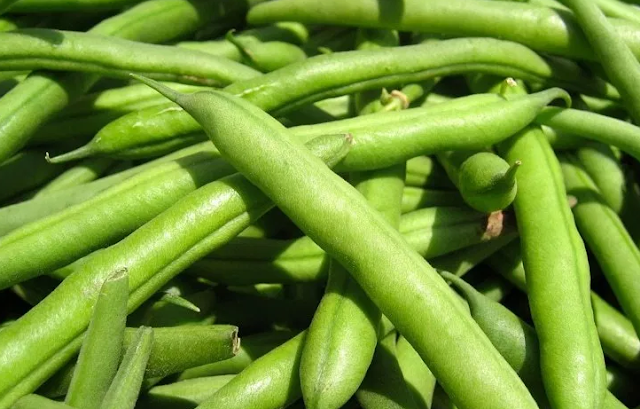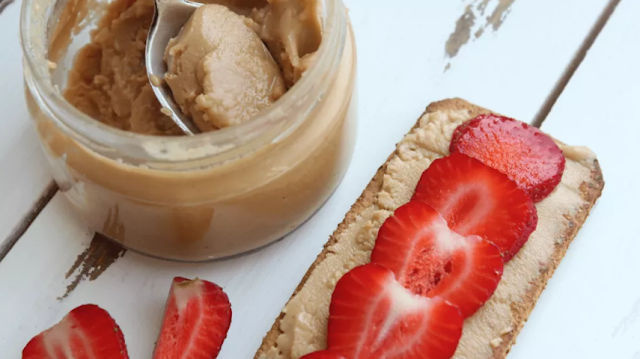What is metabolism and what does it do for your body?
In many of my articles and in articles by other authors who write about fitness, nutrition and sports, the word "metabolism" is used. Apparently, it is something that is important to us. Therefore an article in which I try to explain it as simply as possible.
Metabolism according to Wikipedia
Metabolism or metabolism (from Greek: μεταβολισμός "metabolism" = change or conversion) is the whole of biochemical processes that take place in cells and organisms. Enzymes play a central role in the conversions. A distinction is usually made between the build-up of substances using energy (anabolism) and the breakdown of more complex substances that release energy (catabolism). SourceIn other words ... it is also known as 'metabolism' and it ensures that our nutrients are broken down and converted into energy. The energy that we can then use to move, breathe and keep warm, for example. It actually ensures that our body continues to function.
What it does for your body
Metabolism has the following functions:
The conversion of nutrients into building materials and energy
The use of building materials and energy as a source for all biological processes
The processing of waste
The creation and use of reserves
The metabolism, therefore, provides energy but is itself one of the largest energy consumers. The level of your metabolism depends on a number of things. Part of this is hereditary and your 'fat-free mass' and your 'Basal Rest Metabolism' determine your energy consumption. Your BRM uses approximately 60-70% of all your energy (and therefore kCal). 10% is used for heating your body and the remaining 20-30% is used for activities.
If we want to lose weight, then we must at least use that 20-30 % by doing activities, but even better. Read how you can do that in most of my articles on this blog.




Komentar
Posting Komentar